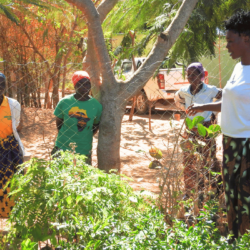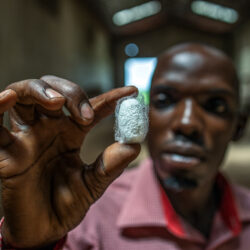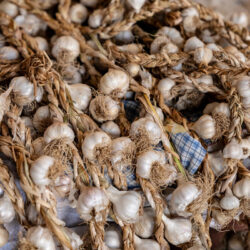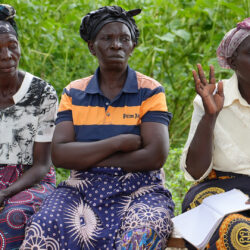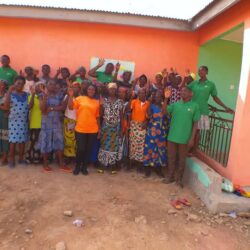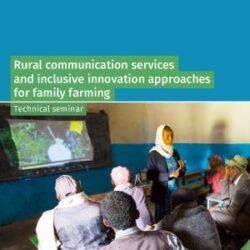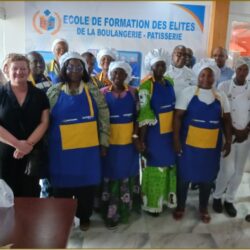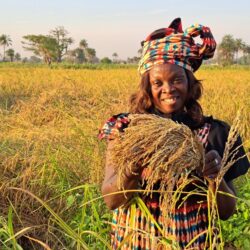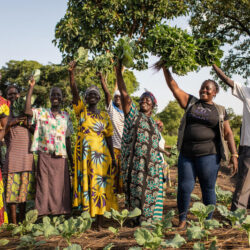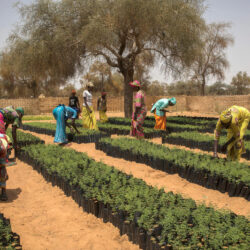Local Wisdom, Real Impact: 7 Practical Climate Solutions from Rural Africa
Climate change may seem overwhelming, but African communities are already drawing on centuries of wisdom and combining it with innovation to build resilient, sustainable futures. Here are practical, locally informed strategies that can inspire farmers, community leaders, and development actors across the continent, as featured by Farm Radio International: 1. Plant a tree (or ten) Climate change is taking a toll in Uganda’s Teso region, one of the country’s least

